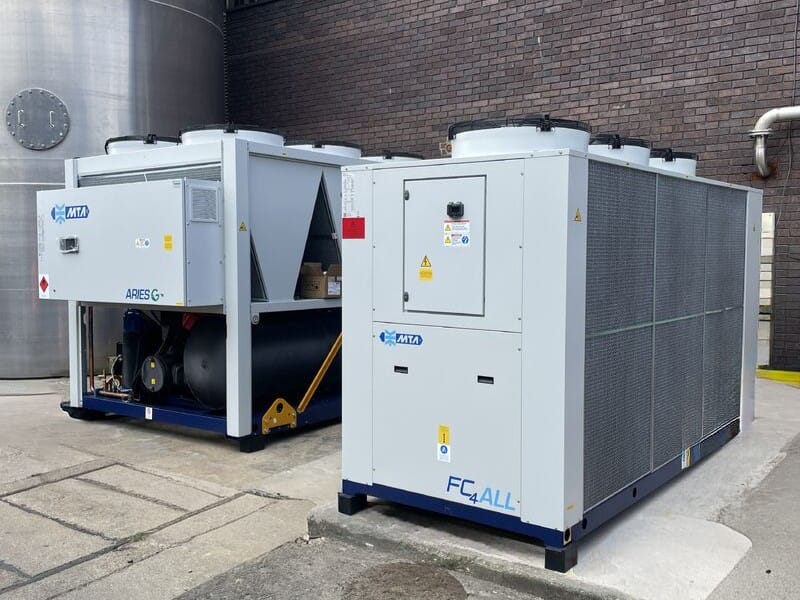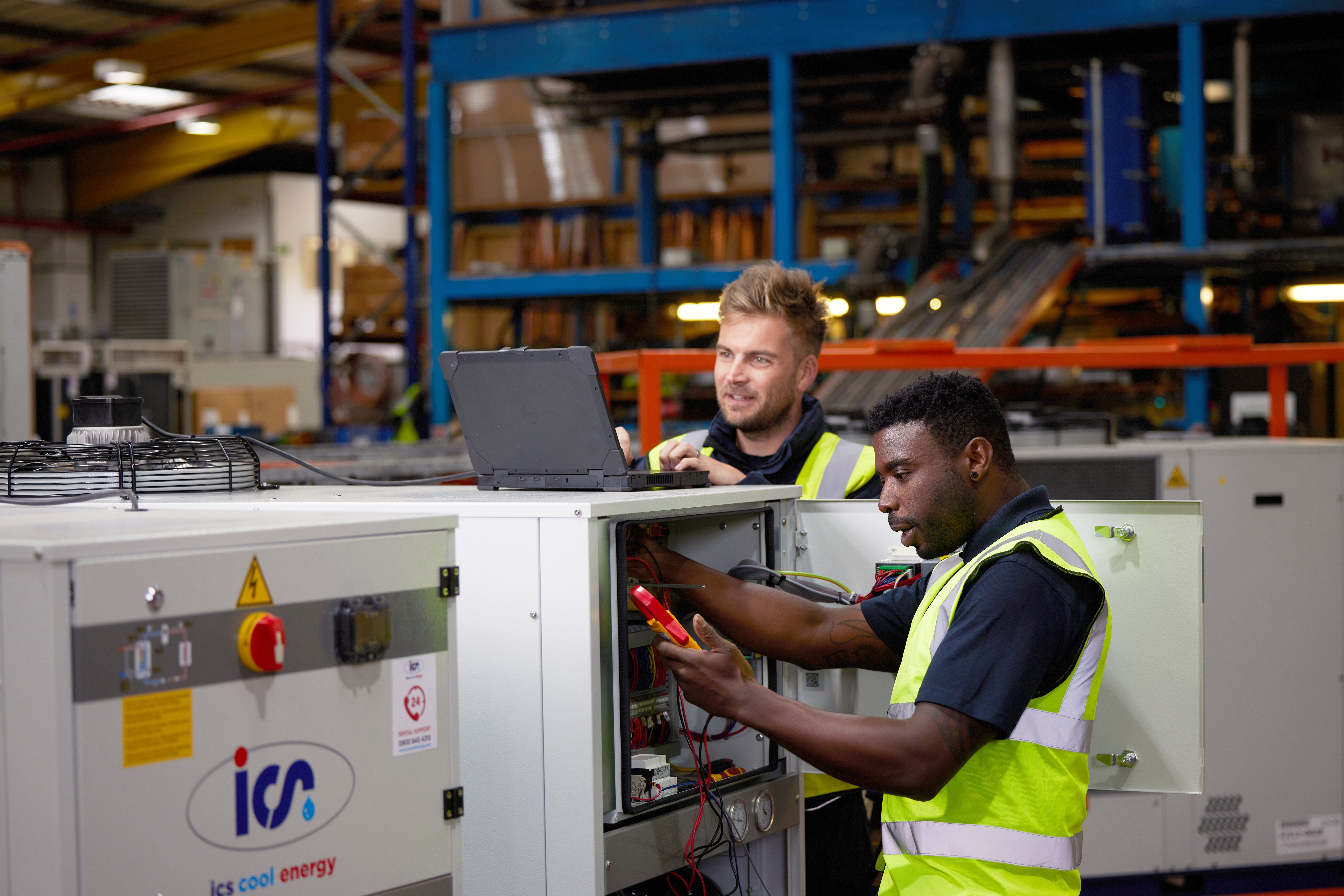Temperature control units (TCU) are crucial in maintaining the desired temperature in various manufacturing facilities. Like any appliance, temperature control units can show signs of wear and over time, may need replacing.
Understanding the signs that indicate a unit replacement is required can help you avoid high energy bills or costly downtime. This article covers the five indications showing your TCU needs to be replaced.
What to look for:
Inconsistent temperature regulation
Temperature control units are often used in industries where even slight deviations in temperature can affect product quality or safety.
One of the most noticeable signs that your TCU is no longer operating effectively is the inability to maintain a consistent temperature.
Newer temperature control systems come equipped with advanced sensors and algorithms that offer more precise control over temperature settings. This enhanced precision ensures that your production line remains within the desired parameters, improving operational efficiency.
Increase in energy bills
As temperature control units age, they become less efficient at regulating temperature. This causes them to work harder and consume more energy to compensate. Consequently, you may observe a significant spike in your monthly energy bills.
Modern units, such as the i-TEMP eco.line, have been designed to consume less energy while providing more precise temperature regulation. This not only helps reduce your carbon footprint but also translates to significant cost savings on your energy bills.
Repetitive repairs
Older temperature control units are more prone to breakdowns and inefficiencies. While occasional repairs are inevitable, frequent breakdowns and repairs can indicate more significant issues with the unit. The associated costs can quickly add up, making it more economical to replace the unit entirely.
Additionally, constantly relying on temporary fixes may lead to further damage, reducing the unit’s overall lifespan and efficiency. Modern units are built with advanced materials and technologies that enhance their reliability and longevity.
By upgrading, you reduce the risk of unexpected failures and the associated downtime, which can be costly and disruptive.
Compliance with regulations
Regulatory standards for energy consumption and environmental impact are becoming increasingly stringent. In addition, there are several pieces of legislation your process is required to meet.
Upgrading your temperature control units ensures that you remain compliant with current regulations, therefore avoiding potential fines and legal issues.
Modern units are designed to meet or exceed these standards, providing peace of mind and operational security.
Lacking capability
The advancement of smart technology has revolutionised temperature control systems. Modern units can be integrated with IoT (Internet of Things) devices, allowing for remote monitoring and control via smartphones or computers.
This level of connectivity provides real-time data and analytics, enabling you to make informed decisions and optimise your temperature control settings for maximum efficiency and reassurance.
Next steps
Updating your temperature control units is not just a matter of keeping up with the latest technology; it’s a strategic decision that can offer numerous benefits.
From improved energy efficiency and enhanced precision to better reliability and compliance with regulations, modern temperature control systems provide a comprehensive solution to meet your needs.
Investing in an upgrade today can lead to significant cost savings and improved operational efficiency.
Learn more about our Temperature Control Units
Related Articles

December 17, 2025
Turning Low Ambient Temperatures into Savings.
Free Cooling: the Most Cost-Effective and Environmentally-Friendly Way to Cool Processes and Buildings Improving the performance of industrial and commercial facilities’ systems is rightly a...
Read More
November 26, 2025
Why Flexible Financing Options Matter More Than Ever
Navigating Investment in UK Manufacturing As the UK government prepares to deliver the next budget, uncertainty is the prevailing mood, felt on factory floors and...
Read More
October 30, 2025
Meeting the Pressures of Modern OEM Design. Why Accredited Cooling Systems Make the Difference
Tight budgets, compressed timelines, and rising expectations: how OEMs can help ensure reliability and performance of their solutions through smarter cooling partnerships. Original equipment manufacturers...
Read More